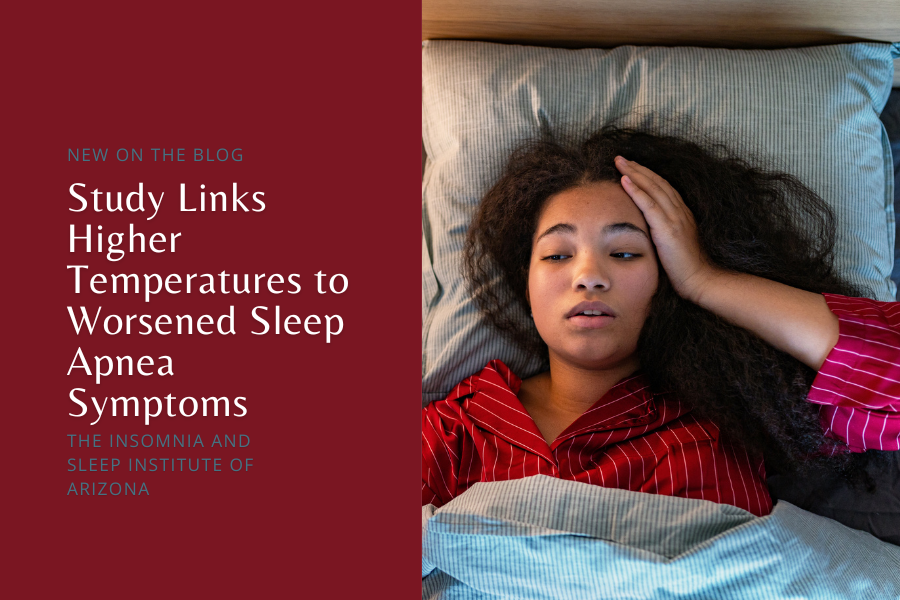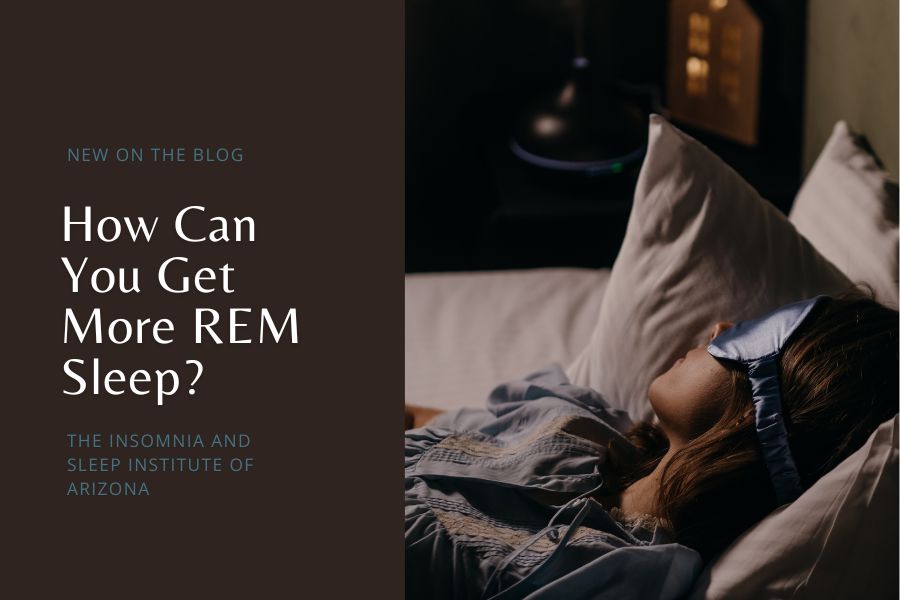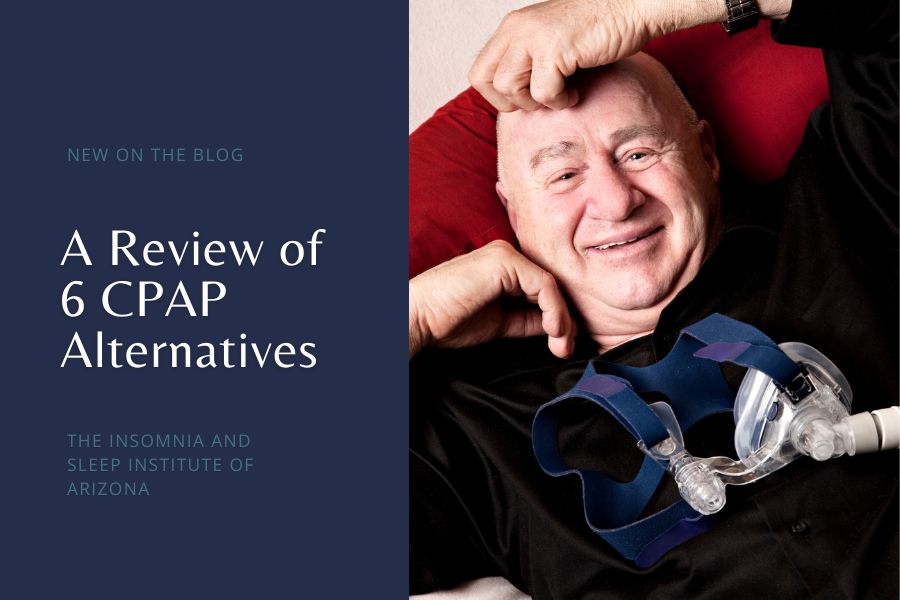A recent article in the European Respiratory Journal found that when a person has both insomnia and obstructive sleep apnea (OSA), the most common kind of sleep apnea, there is an increased risk of “all-cause mortality.” In other words, multiple sleep disorders can reduce the length and quality of life. The Insomnia and Sleep Institute of Arizona is led by triple board-certified Dr. Ruchir P. Patel, the Physician Director and elected Board President of the Maricopa County Medical Society. Here, we offer unprecedented staffing levels, including a clinical psychologist on-site who is focused on cognitive behavioral therapy for insomnia (CBT-I). If you or someone in your family seems to be struggling with poor sleep, the quicker you see a sleep specialist the sooner you can get treatment on the journey of a healthier life.
The research reveals that a higher mortality rate has been found in those with both insomnia and OSA. Why these two disorders? They are actually quite common as a co-morbidity and disrupted sleep is going to lead to a decreased quality of life. Researchers used the Sleep Heart Health Study (SHHS) data in order to investigate links between “all-cause mortality risk” and the combination of insomnia and OSA—also known as “co-morbid insomnia and sleep apnea” or COMISA.
Why Sleep Matters.
What exactly is considered insomnia in this study? Researchers defined it as “difficulties falling asleep, maintaining sleep, and/or early morning awakenings from sleep” at least 16 times per month. “Daytime impairments” were also part of the definition. As for OSA, it was defined as having at least 15 apnea-hypopnea events during sleep per month. COMISA occurs when both of these parameters are met. Researchers used an adjusted Cox proportional hazard model to pinpoint details of mortality when both conditions were present.
In total, 5,236 participants were included in the study. Fifty-two percent did not have COMISA, three percent had “just” insomnia, 42 percent had only OSA, which left three percent with COMISA. This group showed a higher prevalence of cardiovascular disease and hypertension when compared to the control groups. As for those who “only” had OSA or insomnia, they were also associated with a higher prevalence of hypertension—but not cardiovascular disease. Ultimately, those with COMISA had a 47 percent increased risk of mortality, a figure that remained consistent in various definitions of insomnia and OSA that researchers considered. This led the authors to conclude that COMISA leads to an “increased risk of all-cause mortality compared to no insomnia/OSA.”
What This Means for You
If you suspect (or know) that you “just” have one sleep disorder, this does not mean that treatment or management is not necessary. The more disorders and diseases a person has, the higher their risk of developing various co-morbidities and having a higher mortality rate. Both OSA and insomnia can be debilitating, but the good news is that both are also treatable. CPAP therapy is the gold standard for OSA, though the few who fail with this approach might be a good candidate for an implant like the one made by Inspire.
In most cases, CBT-I is the best treatment for insomnia. In some cases, medication may also be needed, particularly at the onset of treatment. Insomnia can have various causes and triggers, and changing various patterns through processes and habits can all help to decrease insomnia events. Those who struggle with both OSA and insomnia are facing a seemingly impossible battle without the help of a sleep specialist: it is difficult to fall and stay asleep, but when this does occur sleep is disrupted by OSA.
Help for Sleep Disorders
There are nearly 100 types of sleep disorders, and most people will experience at least one during their lifetime. This can get in the way of your daily living, lead to co-morbidities, and even shorten your life. Help from a sleep specialist is available at The Insomnia and Sleep Institute, where your first meeting is a consultation with a sleep specialist who can diagnose sleep disorders. No referral is needed to schedule your consultation. Connect with The Insomnia and Sleep Institute right now by calling the office or completing the online form.








